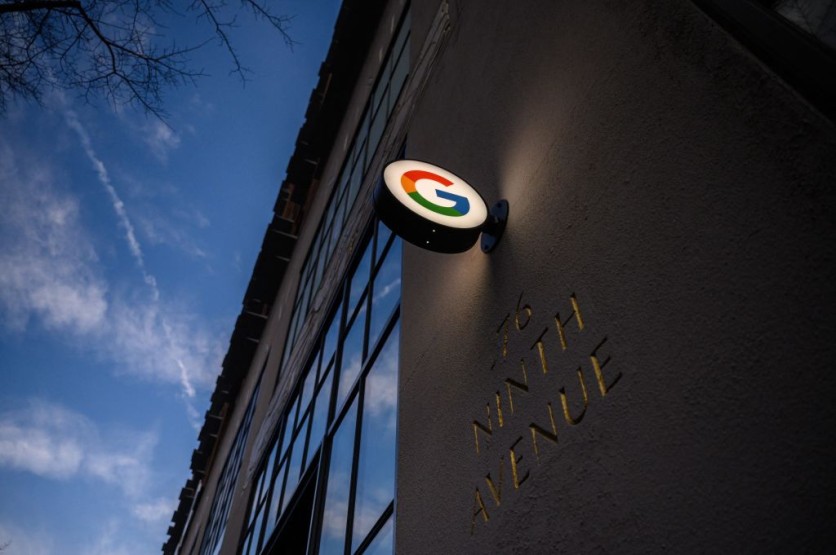Children's advocacy groups, including Fairplay and Common Sense Media, are urging the Federal Trade Commission (FTC) to initiate a probe into Google's personalized ads to kids on YouTube.
According to the Associated Press, the groups asserted that despite federal law restricting such action, Google still delivers personalized advertisements to children on its platform.

Ads on Google's YouTube Lead to Online Tracking of Children
This appeal follows a recent report by The New York Times, revealing that ads on YouTube could potentially lead to the online tracking of children.
The Children's Online Privacy Protection Act (COPPA) mandates that websites catering to children must obtain parental consent before collecting personal information from children under 13.
In response, Google said that COPPA was fully upheld by its advertising procedures and did not place targeted adverts on kids' videos. The tech giant noted that advertisements on these videos were based more on webpage content than user profiles.
However, the letter addressed to the FTC, also endorsed by the nonprofit Center for Digital Democracy, counters Google's claims. Fairplay, along with independent ad buyers, conducted follow-up research suggesting that the ads were indeed personalized.
To demonstrate this, they conducted test ad campaigns on YouTube, selecting user attributes and preferences for ad targeting. Google was instructed to exclusively display these ads on "made for kids" channels.
Based on Google and YouTube's policy, the expectation was that these test campaigns should not have resulted in any ad placements on "made for kids" videos.
Nevertheless, Fairplay reported that its targeted $10 ad campaign garnered over 1,400 impressions on such channels. The ad buyers reported similar outcomes.
Read Also : FTC Files Lawsuit Against Amazon For 'Intentionally' Sabotaging Customer's Attempts to Cancel Prime Program
Google's Response
In response, Google noted that the conclusions drawn from the report misrepresented how advertising functions on content tailored for children.
The company emphasized that personalized ads were not permitted on "made for kids" content and that advertisers were prohibited from targeting children with ads across all their products. Google further expressed a desire for direct communication with the report's author before drawing conclusions.
"We also do not offer advertisers the option to directly target made for kids content as a whole. Given the allegations, we wish the author of the report had contacted us first," the company said in a statement.
Google's parent company, Alphabet, agreed to pay $170 million in 2019 to resolve claims that YouTube collected personal data from children without parental consent.
As a result, the business promised to work with video producers to mark kid-friendly content and to limit data collection when consumers watch such films, regardless of their age.
Josh Golin, executive director of Fairplay, noted that if Google's representations to its advertisers are accurate, it could be violating COPPA.
Golin called for an immediate and comprehensive investigation by the FTC, leveraging its subpoena authority to get a better understanding of Google's practices about child-directed ad targeting.
Related Article : Google eSignature Beta Is Now Available in Google Docs and Drive - Here's What You Need to Know

![Apple Watch Series 10 [GPS 42mm]](https://d.techtimes.com/en/full/453899/apple-watch-series-10-gps-42mm.jpg?w=184&h=103&f=9fb3c2ea2db928c663d1d2eadbcb3e52)



